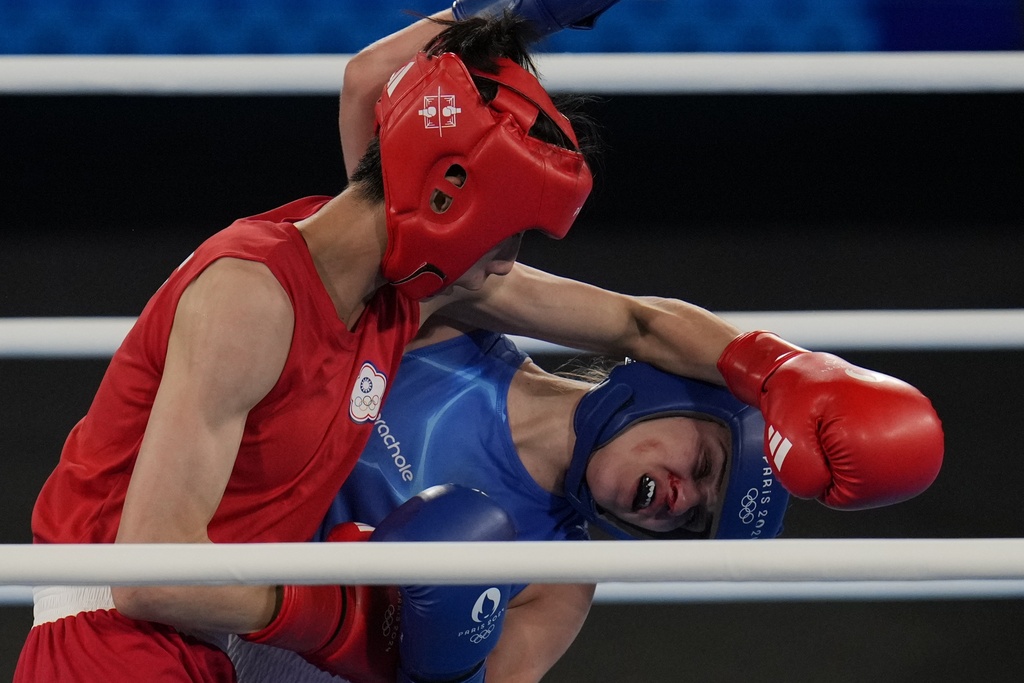The event I am writing about is symbolic for several reasons.
On a prime-time TV show on Polsat News, the hosts invited Maja Heban, a transgender activist, and Kaja Szulczewska, a “pro-women’s rights” activist. The discussion, sparked by an incident at the Olympic Games where Polish boxer Julia Szeremeta lost to Lin Yu Ting, a competitor who allegedly has XY chromosomes, aimed to tackle the controversial topic of gender in sports — a debate that resonates not just in Poland but globally.
At first glance, it seemed the program could make a substantial contribution to this ongoing conversation. Szulczewska, a critic of transgender ideology from a feminist perspective, believes such ideologies harm women — a stance not uncommon in feminist circles. Heban, on the other hand, ardently defends transgender rights, setting the stage for what could have been an informative clash of ideas.
However, the discussion soon devolved into political theater. Heban insulted Szulczewska and abruptly left the studio, later admitting to the media their intention was not to engage in discussion but to make a political statement. This deceptive approach misled not only the presenter and participants but also the viewers.
Such behavior from Heban is not surprising to those familiar with the debate on transgender issues in Poland. Transgender activists, who are quite influential in the media, often refuse to engage in any real debate. Attempts to discuss the absurdities and dangers of this ideology are quickly labeled as transphobic, and Heban’s walkout is a clear manifestation of this attitude.
Łukasz Sakowski, a biologist and science commentator, has much to say on this subject. Last year, he published an article describing how, as a 13-year-old, he was persuaded to undergo gender transition, a decision he later sought to reverse. Today, Sakowski critiques gender transition procedures and notes that even in the West, there are increasing warnings about the procedure’s harms. As a gay science journalist who cannot be linked to the political right, he criticizes these dogmas from a scientific standpoint.
Since then, he has been labeled a “transphobe,” and transgender activists have done everything to “destroy” him. In the scientific community, he faces censure and was also excluded from the neo-TVP program following pressures from transgender activists and an intervention by Minister of Equality Katarzyna Kotula.
The narrative of censorship and avoidance of substantive discussion, as displayed by Heban, appears to be all that activists can offer to society. This is likely due to several reasons. One significant factor is the emotional and life-altering impacts of undergoing gender transition processes, which can lead to fanaticism and irrationality among its proponents.
While their emotions deserve respect, it raises the question of whether we can embrace an ideology that, driven by personal emotions, increasingly poses a threat to our children.






